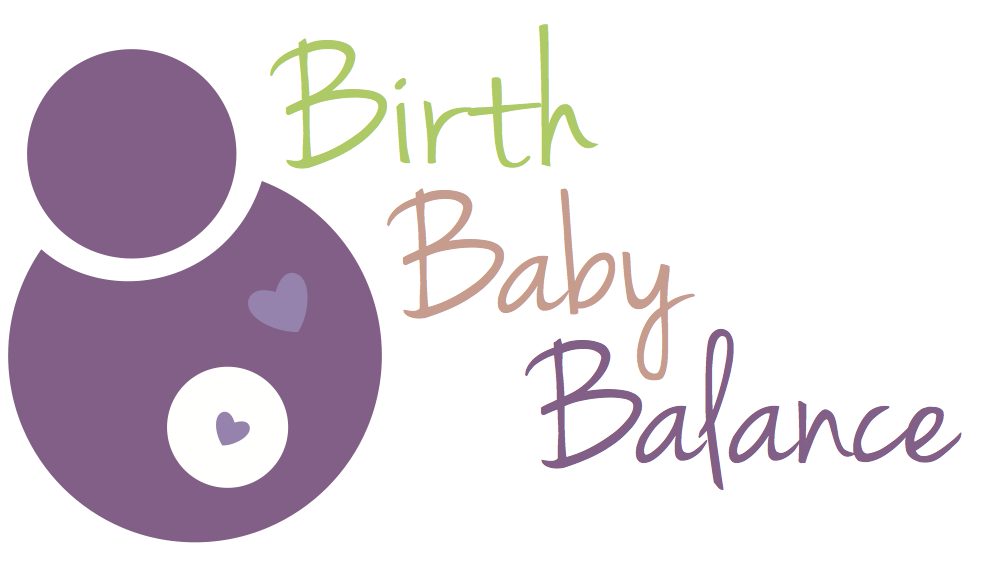What does a doula do?
/I’m a doula. “A what?” I hear you ask, “A jeweller?”. This is often the response I get when I meet someone new and they ask me what I do. So, what is a doula, and what does a doula do?
Put simply, a doula is a woman who has experienced childbirth, who supports another woman (and her partner) through the experience of pregnancy, birth and the early days of new parenthood. Her aim is to “mother the mother”, so the mother can focus on caring for her baby. Some doulas work with women at the time of birth, whilst others choose to support women once their babies are here. Between myself and my colleagues Kirsten and Charlotte, we cover the whole spectrum, supporting women from the time in their pregnancy that they book us until they feel they no longer need us, whether that is days, weeks or months after their baby is born.
A doula is not usually medically trained, and it is not her responsibility to make clinical decisions - that is the midwife’s job. The doula is there to provide emotional and physical support and reassurance, primarily to the woman, but frequently to the partner as well! In an ideal world, doulas would not be necessary, as women would have a chance to get to know their midwife throughout their pregnancy, have the same midwife care for them through their labour and birth, and support them for the first few weeks at home with a new baby (think “Call the Midwife!”), but sadly those days are long gone for most women. So the doula steps in to provide that continuity of care, which we know makes a huge difference to women’s experiences of labour, birth and early mothering. If a woman has a long labour, she may see several midwives, and have to form a relationship with each one, but her doula never leaves her side, and is someone she already knows and trusts and can rely on. I was recently at a birth from 6.30am - 1.00am the next day, and in that time the labouring woman was cared for by six midwives, four doctors and two anaesthetists, and needless-to-say, felt a bit disjointed!
Once mum and baby are home, a postnatal doula provides support, company, a listening ear, a shoulder to cry on, and another pair of hands around the house. She doesn’t offer advice, but helps mum to discover for herself how to respond to her baby, enabling and empowering the new mum to feel confident in her mothering skills. She may do practical things like cooking, laundry, shopping, collecting other children from nursery etc, or just provide an opportunity for mum to offload her worries, frustrations, delights and joys in her new baby. Or she may hold the baby to enable mum to go and have a much needed nap, safe in the knowledge that someone else will respond to the baby if necessary.
Having a doula at the birth cannot guarantee that all will go smoothly (nothing can guarantee that, or we’d all be doing it!), but research into having a doula present has shown that women are 50% less likely to need a Caesarean, 40% less likely to require forceps, less likely to use epidural anaesthesia, more likely to breastfeed, and their labour is likely to be an average of 2 hours shorter than for a woman without a doula present.
Being a doula is an incredibly humbling, rewarding and special job. Being invited into someone’s life and home at such an intimate and life-changing time is an honour, and being actively chosen to be at someone’s birth is incredibly touching.




